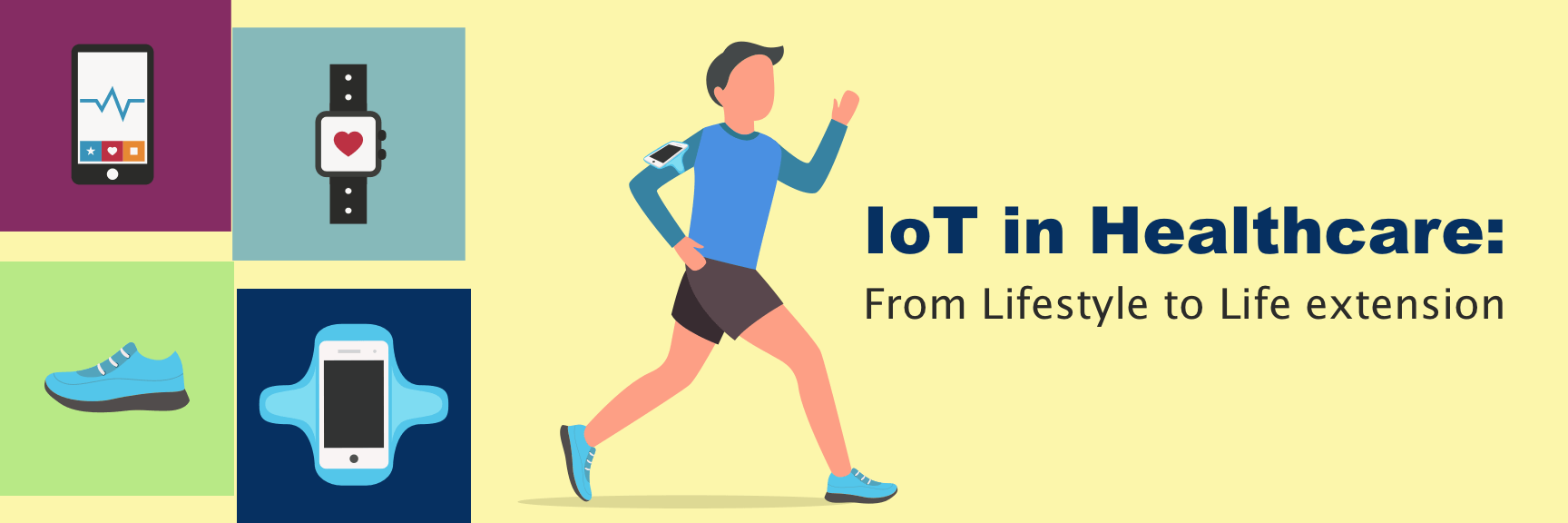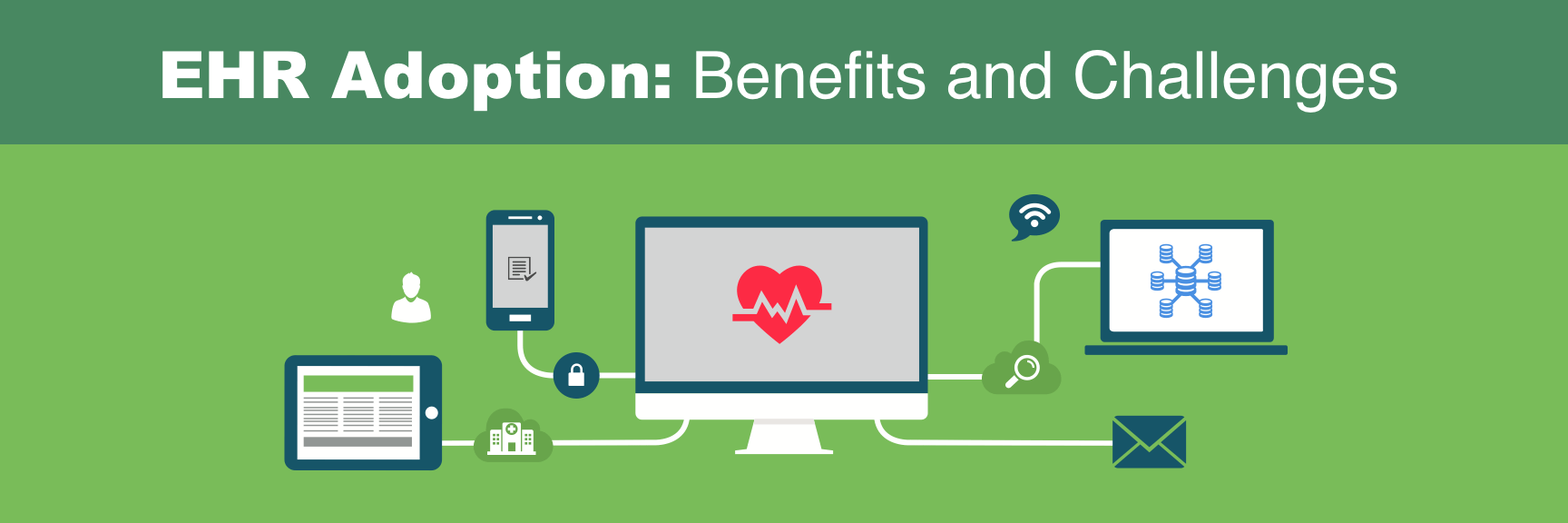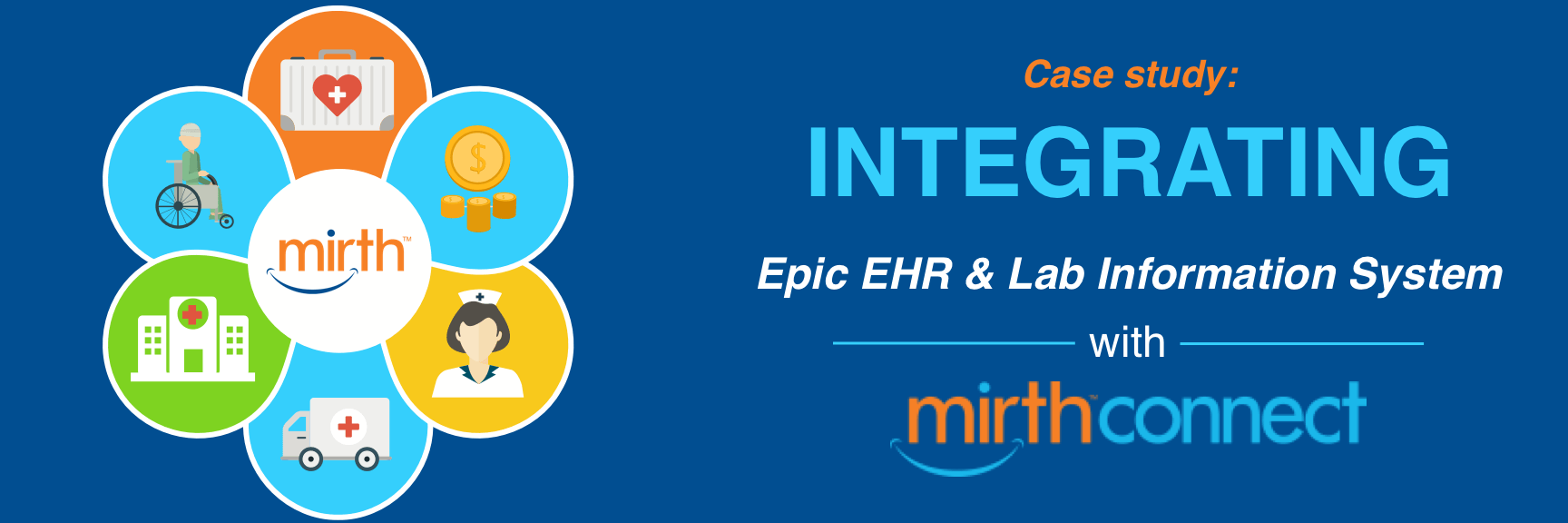Internet of Things (IoT) is a broad term that covers both non-computer and non-phone Internet connected devices. IoT has revolutionized today’s landscape by connecting the entire world into a single rope through these Internet enabled devices. The capabilities of IoT are evident in almost every industry and healthcare is no different. During the recent years, there has been a rapid growth in digital health, IoT, analytics, wearables, artificial intelligence and cognitive science. IoT offers tremendous potential for healthcare and provides the opportunity to improve the quality and efficiency of healthcare systems around the globe.
Internet of Things and Healthcare – Some Key Facts
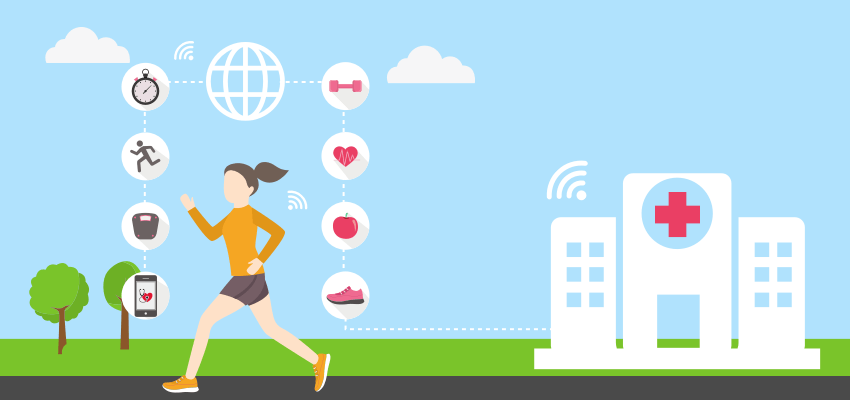
- MarketResearch.com reports that the healthcare Internet of Things segment will hit approximately $117 billion by 2020.
- Consumer related IoT devices are rapidly becoming popular. According to the BBC, 2 million Apple Watches were sold as of July 2015 and 3.3 million fitness trackers were sold in 2014 in US alone as reported by Business Insider.
- The McKinsey Global Institute estimates that the impact of IoT on the global economy could be as high as $6.2 trillion by 2025.
- The growth of IoT is driven by a collaborative effort. The IPSO Alliance which was established in 2008 has worked towards bringing together organizations such as Google, Cisco, Intel and Oracle so that together they can develop smart technology.
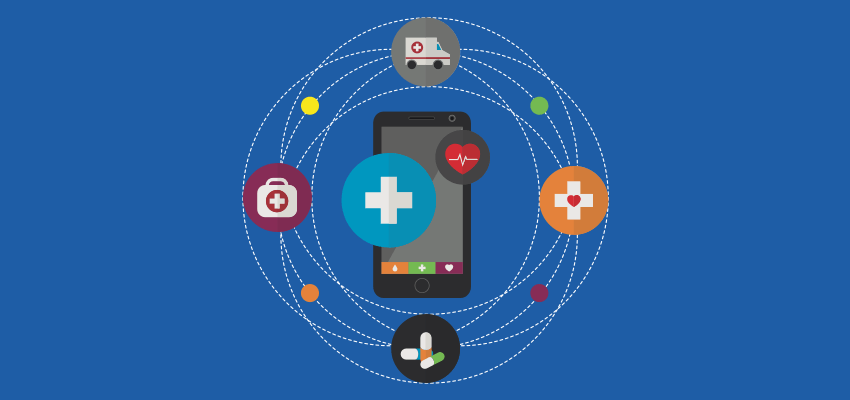
Application of IoT in Healthcare
The issue of security is a big one in healthcare since healthcare data is extremely sensitive. Any misuse of this information can have drastic consequences and can damage careers, destroy reputations and affect personal lives. At the same time, the digitizing and streamlining of this health data offers great room for improvement by providing cost savings, streamlining healthcare delivery and improve patient care.
IoT has tremendous potential in healthcare since there is numerous data involved in this segment. The biggest source of data is the Electronic Medical Records. In addition, there is data from fetal monitors, electrocardiograms, temperature monitors, blood glucose levels, fitness trackers etc. Not only do these devices provide convenience and ease of use but also make the healthcare system more efficient and reduce the need for patient-physician interaction.
Hospitals across Europe and North America have been engaged in adopting strategies to reduce hospitalization. Kaiser Family Foundation estimates that the average daily cost for a single inpatient was over $1700 in 2013. By adopting IoT and by using remote monitoring systems, healthcare providers have the option of moving patients to their homes and still continue to monitor their status. Home medication dispensers for example can be programmed to upload data to the cloud automatically and to provide essential information such as whether the patient has taken medication or not. This way the patient’s healthcare provider can be alerted immediately.
The issue of drug development and management is also an important one in health. Forbes reports that the average cost to develop and approved drug is around $55 million. There is also the additional problem of fraudulent drugs within the pharmaceutical industry. By implementing IoT, this aspect of healthcare can be better managed. For example the FDA introduced guidelines for Radio-frequency Identification (RFID) and drug supply chain management. The goal was to add RFID tags to medication containers in order to enable producers, consumers and regulators to have more faith in the drug supply chain. The next step is to embed technology into the medication itself – a form of edible IoT. There are companies already working this direction and developing smart pills that can monitor medication regiments and health issues. This could in turn help drug companies and healthcare providers determine the risks and benefits associated with drugs.
There are some hospitals that have started implementing the use of smart beds in their facilities. These beds can detect when the bed is occupied and even when a patient attempts to get up. In addition, the smart bed can be adjusted to provide appropriate pressure and support if the patient so requires without the need to call a nurse.
The fact is that both patients and providers benefit from the application of IoT in healthcare. Whether it’s the use of mobile medical applications or wearable devices with the ability to capture health data, IoT holds tremendous potential in healthcare. During the IT mega conference HIMSS 2016, vendor presentations and displays made it abundantly clear that IoT can be used quite effectively to supplement patient treatment by improving communication and by offering the advantage of remote monitoring.
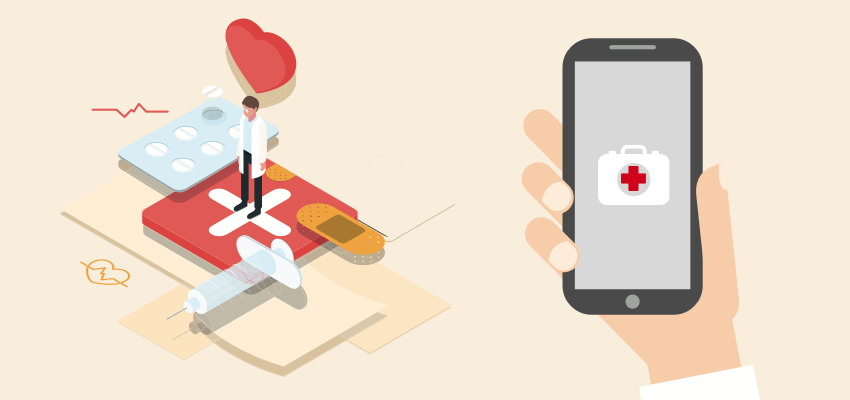
Obstacles to Expansion of IoT in Healthcare
Despite the many benefits offered by IoT, there are two major hurdles which could potentially curtail or slow down its growth in healthcare. First and foremost, there is too much healthcare data and there is a risk that physicians would be overloaded with too much too soon and that this information overload could lead to a reduction in the time and attention they give to their patients.
Second is the need to implement adequate security measures to ensure that the healthcare facility is able to keep up with technological advancements. In this era of mHealth and BYOD, it is imperative that healthcare IoT operations are well secured.
IoT is already being implemented in healthcare – in the form of medical devices that are equipped with Wi-Fi, remote patient monitoring, mHealth devices, medication trackers, infusion pumps connected to analytics dashboards, hospital beds rigged with sensors etc. The future will see an increased application of Internet of Things(IoT) and applications of Internet of Medical Things (IoMT) that will make the healthcare systems more efficient and effective.

